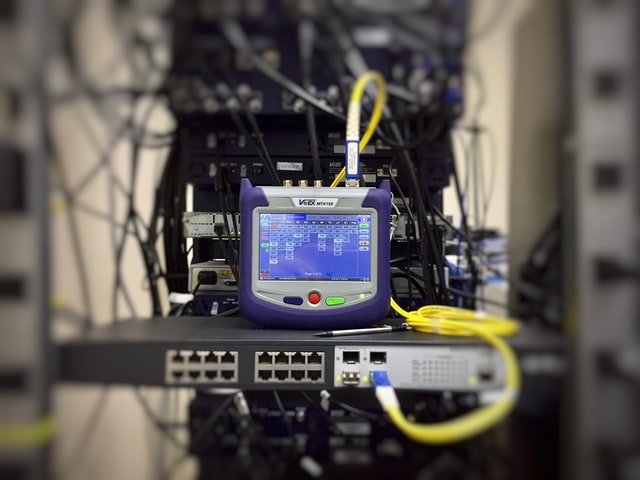Types of Technical Inspection Services
- Technical Inspection (TI):
- Definition: This involves a detailed examination of equipment, machinery, and processes to ensure they meet specific technical standards and safety requirements.
- Services: Includes visual inspections, dimensional checks, pressure testing, and functional testing.
- Benefit: Ensures that equipment and processes comply with industry standards and regulatory requirements, reducing the risk of failure and enhancing operational safety.
- Non-Destructive Testing (NDT):
- Definition: NDT refers to testing methods that allow for the inspection of materials, components, or assemblies without causing damage to the item being tested.
- Types of NDT:
- Ultrasonic Testing (UT): Uses high-frequency sound waves to detect internal flaws.
- Radiographic Testing (RT): Uses X-rays or gamma rays to view the internal structure of materials.
- Magnetic Particle Testing (MT): Detects surface and near-surface discontinuities in ferromagnetic materials.
- Dye Penetrant Testing (PT): Identifies surface-breaking defects in non-porous materials.
- Eddy Current Testing (ET): Detects surface and sub-surface flaws in conductive materials.
- Benefit: NDT methods are essential for detecting hidden defects without compromising the integrity of the material, preventing potential failures.
- Quality Assurance (QA):
- Definition: QA involves systematic monitoring and evaluation of various aspects of a project, service, or facility to ensure that standards of quality are being met.
- Services: Includes process audits, quality control inspections, and document reviews.
- Benefit: Ensures consistent quality and compliance with standards, thereby reducing the likelihood of defects and rework.
- Certification and Compliance Services:
- Definition: This involves verifying that products, systems, or processes meet predefined standards, often leading to certification.
- Services: Certification of products, processes, or personnel; compliance audits; and regulatory assessments.
- Benefit: Provides assurance that the equipment or processes meet the required legal and industry standards, which is essential for market access and regulatory approval.
- Vendor Inspection:
- Definition: Involves the inspection and verification of materials, equipment, and products at the vendor’s facility before delivery.
- Services: Pre-shipment inspection, factory acceptance testing (FAT), and auditing of vendor processes.
- Benefit: Helps to ensure that the products meet the specified requirements before they are shipped, reducing the risk of receiving defective or non-compliant goods.
- Expediting Services:
- Definition: Expediting services focus on ensuring that project schedules are maintained by monitoring the progress of equipment and material manufacturing.
- Services: Regular status updates, on-site inspections, and coordination between vendors and project teams.
- Benefit: Ensures timely delivery of equipment and materials, preventing delays in project schedules.
- Failure Analysis and Investigation:
- Definition: Involves the systematic investigation of failures to determine the root cause.
- Services: Examination of failed components, material analysis, and reporting on the cause and recommended actions.
- Benefit: Identifies the root cause of failures, which helps in preventing future occurrences and improving safety and reliability.
- Calibration and Testing Services:
- Definition: Calibration involves adjusting and verifying the accuracy of instruments, while testing ensures that equipment performs according to specifications.
- Services: Instrument calibration, performance testing, and environmental testing.
- Benefit: Ensures that instruments and equipment operate within the required tolerances, which is critical for accurate measurements and operational efficiency.
Benefits of Using Third-Party Technical Inspection Services
Engaging a third-party for technical inspections provides several advantages, ensuring impartiality and high standards of accuracy in evaluating equipment, processes, and materials. Third-party inspectors are unbiased, offering an objective assessment that helps in identifying potential issues that might be overlooked by internal teams. They also bring specialized expertise and advanced technology, which is often more comprehensive than in-house capabilities. Additionally, third-party inspections provide assurance to stakeholders and regulatory bodies that all aspects of the project or product comply with applicable standards and regulations, reducing the risk of non-compliance penalties and enhancing the overall quality and safety of the operation.
Overall, third-party technical inspections contribute to improved reliability, safety, and compliance, which are crucial for long-term operational success.




